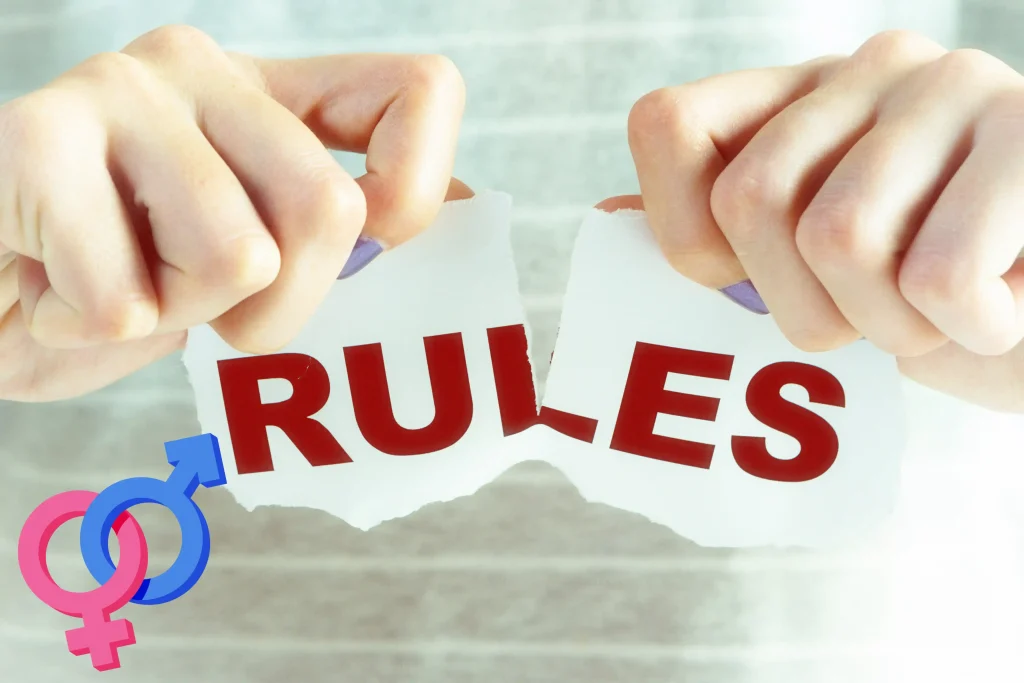Bien y Bueno/a son unas de las palabras que suelen generar confusión cuando estás aprendiendo español: ¿Cómo saber cuándo usar “bien” y cuándo usar “bueno/a”? En este artículo explicaremos su significado, usos y ejemplos.
It’s the same problem we have in English with good and well. Native English speakers and those who are learning English often get these mixed up. Let’s clarify the Bien vs. bueno topic right now…
Cómo usar BIEN en español – How To Use Bien in Spanish

Bien es un adverbio, se usa con otros adverbios y también con adjetivos y verbos. No modifica sustantivos. Suele ser la traducción de “well”, “okay” y “right”. Cuando “bien” se usa con verbos, se coloca después del verbo. Vamos a ver unos ejemplos…
Bien is an adverb, it’s used with other adverbs as well as with adjectives and verbs. It does not modify nouns. It’s usually the translation of “well”, “okay”, and “right”. When “bien” is used with verbs, it is placed after the verb. Let’s look at some examples…
Ejemplos de “bien” en uso:
- Quiero hablar bien en español. (I want to speak Spanish well)
- Me gusta hacer bien mi trabajo. (I like to do my job well)
- ¿Está bien si nos reunimos mañana en lugar de hoy? (Is it okay if we meet tomorrow instead of today?)
- Muy bien (Very well)
- Eso no está bien. (that’s not right)
Tips para usar “bien”:
- “Bien” no cambia, no tiene plural . “Bien” in this context doesn’t change, it doesn’t have a plural (si en alguna parte lees “bienes”, significa “goods” o “assets”)
- No se conjuga con el verbo “ser”, aunque en algunas regiones, se dice que una persona “es bien” (it means he or she is a good person, or even he or she is a wealthy person).
- En algunas regiones, “bien” se usa como sinónimo de “muy”:
- La casa es bien grande o la casa es muy grande (the house is quite big)
- La película me pareció bien fea o la película me pareció muy fea (I thought the movie was pretty ugly / bad)
- Lo contrario de bien es mal.
- ¡Qué bien que pudiste venir! (How nice that you could come!)
- Qué mal que tengas que irte temprano (Too bad you have to leave early)
¿Cuándo se usa “bien”? Here are some uses…
- Para hablar sobre la forma correcta de hacer las cosas. To talk about the right way to do things
- Mi hermana nada muy bien. (My sister swims very well.)
- Mi hermana nada muy bien. (My sister swims very well.)
- Para hablar de la salud y del estado de las cosas de manera positiva. To talk about health and the state of things in a positive way.
- Mi computadora estaba fallando pero hoy ya está bien (my computer was crashing but today it’s fine)
- La semana pasada tuve resfriado pero esta semana he estado bien (Last week I had a cold but this week I have been fine).
- Para hablar sobre cómo estamos o cómo nos sentimos. To talk about how we are or how we feel.
- ¿Cómo te está yendo en el curso de inglés? – Me está yendo bien (How are you doing in the English course? – I’m doing well)
- ¿Qué tal estás últimamente? – No he estado tan bien (How are you lately? – I have not been so good)
- Para expresar que estamos de acuerdo con algo. To express that we agree with something.
- Mañana nos reuniremos a las 2pm – Me parece / está bien (Tomorrow we will meet at 2pm – Ok)
Expresiones con el adverbio bien:
- ¡Qué bien! (Awesome!)
- ¡Muy bien! (Very good! or Very well!)
- Caer bien (To like or To get along with)
- ¡Bien hecho! (Well done!)
- Portarse bien (Behave)
- Ir bien: me va bien (I’m doing well)
Cómo usar Bueno/a en español – How To Use Bueno/a in Spanish

Bueno: Es un adjetivo, por lo tanto tiene:
- Masculino singular (Buen / Bueno)
- Masculino plural (Buenos)
- Femenino singular (Buena)
- Femenino plural (Buenas).
In general Spanish, adjectives go after the noun, but “Bueno/a“ is an exception and can go before or after. Sometimes, it can also change the meaning a bit. On the other hand, “Buen“ always go before the noun and only with a singular masculine noun.
En español general, los adjetivos van luego del sustantivo, pero“Bueno/a“ es una excepción y puede ir antes o después del mismo, además que este cambio puede cambiar un poco el significado de la frase. Por su parte, “Buen” se usa antes del sustantivo y únicamente con un sustantivo masculino singular.
Ejemplos de uso de bueno/a y buen:
- Tengo buenos amigos en Venezuela (I have good friends in Venezuela)
- Ella no tiene buena suerte últimamente (She’s not having good luck lately)
- Estoy leyendo un buen libro / Estoy leyendo un libro bueno (I’m reading a good book).
Tips para usar “bueno/a” y “buen”:
- Se puede usar con “ser” y “estar” (aunque el significado de la oración va a cambiar totalmente):
- Él es muy bueno (He is a very good / a great person)
- Él está muy bueno (He is hot / handsome / good looking / attractive, etc.)
- Se usa para hablar de la calidad de las cosas. It is used to talk about the quality of things.
- Las verduras son buenas para la salud (Vegetables are good for your health)
- Las verduras son buenas para la salud (Vegetables are good for your health)
- Se usa para hablar de sabores de comidas y bebidas. It is used to talk about food and beverage flavors.
- Las empanadas están muy buenas (These empanadas are delicious)
- El arroz con pollo no quedó tan bueno (The chicken rice was not so good)
- Se usa para indicar afirmación o conformidad con algo. It is used to indicate affirmation or conformity with something..
- ¿Puedo ir a tu casa mañana? – Bueno (Can I go to your place tomorrow? – Sure)
- ¿Quieres ver una película? – Bueno (Do you want to see a movie? – Ok)
- Lo contrario de bueno/a es malo/a.
- Soy bueno en matemáticas (I’m good at maths)
- Soy malo en deportes (I’m bad at sports)
- Lo contrario de buen es mal (y también se coloca antes del sustantivo)
- Mi papá tenía muy mal carácter antes (My dad used to have a very bad temper in the past)
- Mi mamá siempre está de buen humor (My mom is always in a good mood)
- Lo contrario de buenos es malos y lo contrario de buenas es malas.
- Hay programas de TV que son muy buenos
- Hay películas que son muy malas
Expresiones con el adjetivo buen:
- ¡Qué tengas un buen viaje (Have a good trip!)
- ¡Qué pases un buen día! (Have a good day!
- Buen provecho (Good appetite)
- Buen día (Good day)
- Buen + día de semana: Buen lunes, buen sábado, etc. (Good monday, good saturday, etc.)
Expresiones con el adjetivo bueno/a y buenos/as
- Buenos días (Good morning)
- Buenas tardes (Good afternoon)
- Buena suerte (Good luck)
- Que tengas una buena semana (Have a nice week)
- Bueno pues (implica afirmación): Ok, let’s go, let’s do this, etc.
- Pues bueno (implica resignación): Well… if there is not any other option…




